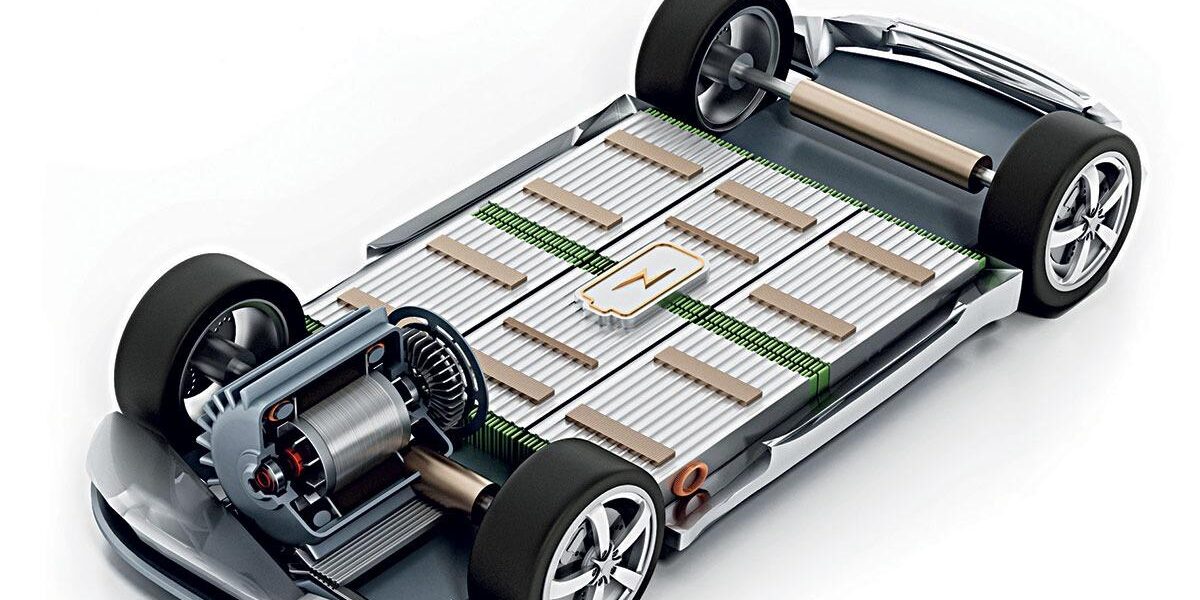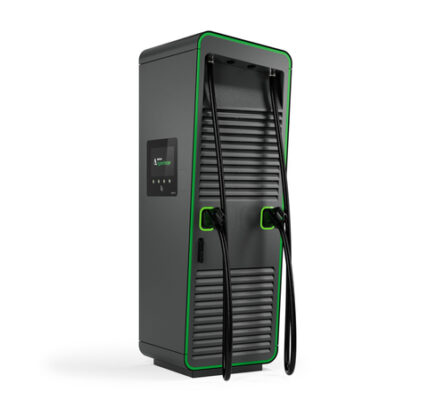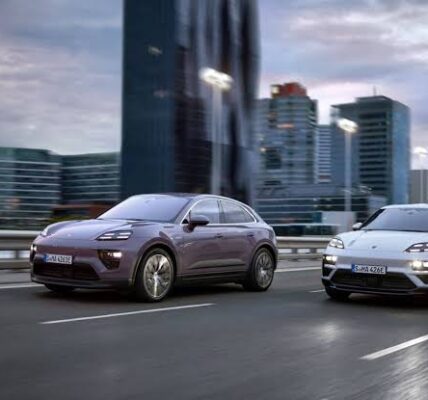Slovakia tops the list of countries with the lowest share of electrically chargeable vehicles (ECVs) in the European Union. The European Automobile Manufacturers’ Association (ACEA) cites the local annual net income as one reason, since the high price of such cars is an important factor that discourages people in the European Union from buying them.
Its interactive map shows, that the market uptake of electrically-chargeable cars is directly correlated to a country’s national income (GDP per capita), affordability remaining a major barrier to consumers in the EU.
In 2022, ECVs, which include vehicles powered by electric batteries (battery electric vehicles or BEVs) and vehicles partially powered by electric batteries and petrol/diesel (plug-in-hybrid vehicles or PHEVs), accounted for about a fifth of new cars registered in the EU. More than half the member countries, however, have a market share of 9 percent or less. In these countries, such as several in central, eastern and southern Europe, like Greece, Italy, Poland and Croatia, the average annual net income is around €13,000 per worker.
In Slovakia, the share of ECVs was 3.7 percent of all new registrations in 2022. The average annual net income for 2021 was €10,985.
The map confirms significant disparities in the affordability of ECVs between different regions of Europe, with Northern and Western Europe leading with the highest shares, and Central and Eastern and Southern Europe representing the lowest shares.R
“These latest figures are a pertinent reminder that the lack of consumer incentives for purchasing cleaner and greener vehicles is hampering the vast potential of Europe’s electric car market,” ACEA writes on its website. “The lack of enabling conditions, including access to charging infrastructure, also exacerbates the market share disparities across member states and regions in the EU.”








